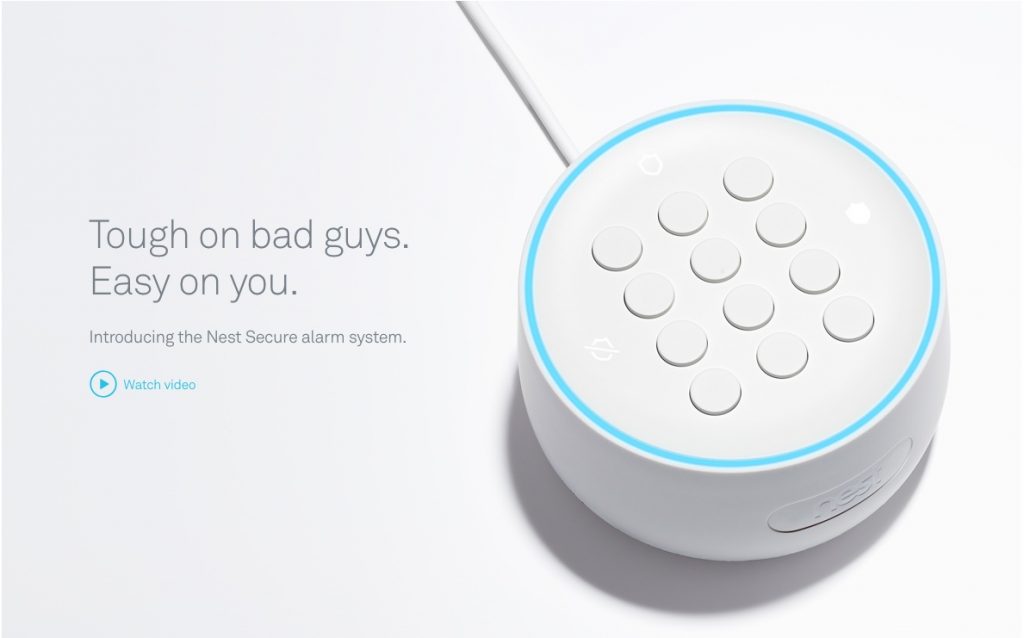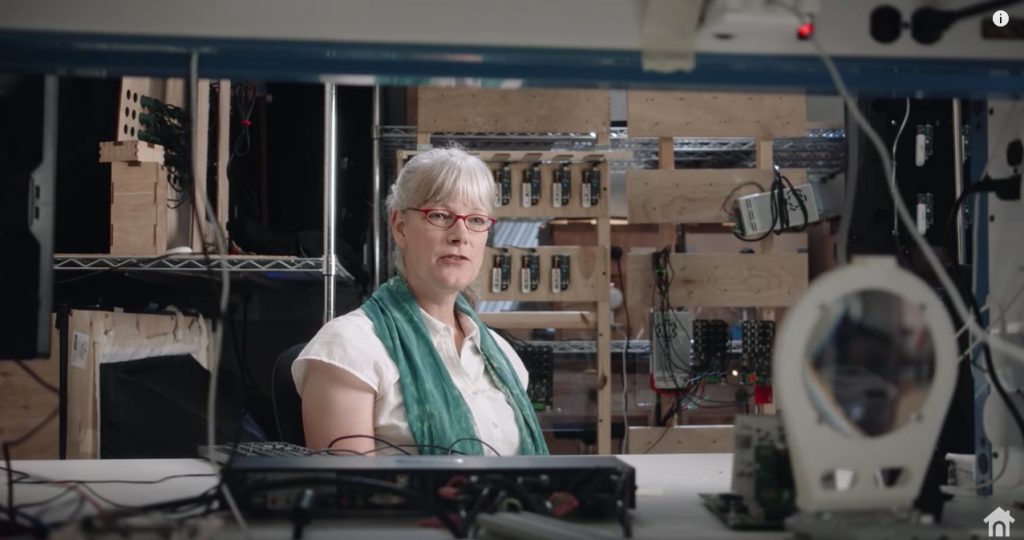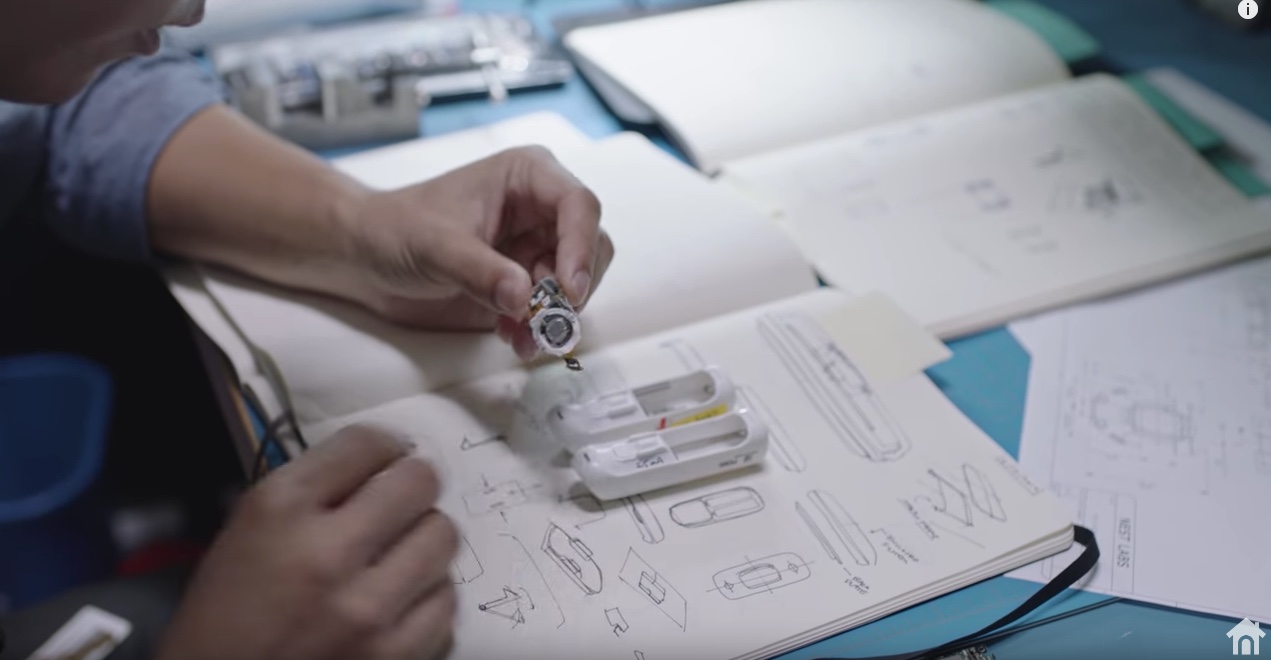Five insights from a product video for the Nest Detect
I was on Nest's website recently finishing up an order of one of their now ubiquitous thermostats. I've always been impressed with their market approach, so it's no surprise that I was blown away by one of their product videos. The video shows off the Nest Detect which is part of their Nest Secure alarm system. It offers a good example of how a product video can engage and create buying confidence among its audience.
Here are five insights I’m taking away from this on building a good product video.
1) Focus on what makes your product or service unique
At the time of writing this, Nest positioned this video about Nest Detect - which focuses on one distinct part of the Nest Secure alarm system - as the introduction to the entire product. It likely was a marketing choice where they put their most unique attribute forward - you often get one chance to make a strong impression and every other alarm system has buttons and cameras. Nest Detect is the most interesting and functional part of the whole system. It’s what’s inside of this tiny gadget that makes Nest Secure really matter. Note in the image below, Nest shows the keypad, but the video never references the keypad; it's solely focused on the small lipstick-size detector.

2) Show off your team
I count 11 product specialists talking about the device. They are diverse and keep the video interesting and relatable. While the video might also be sponsored by Warby Parker, these people are cool, relaxed and folks I’d want to hang with. (Full disclosure: I wear Warby Parkers.)

3) Energy builds
As the video starts, we see a man talking and looking just off camera. There is no movement (no slider action, no handheld subtle moves). His opening point is clear and takes 13 seconds to emphasize the key brand goal behind this product (packing as much functionality into something as small as possible). The music builds with energy throughout and we see slider action on cameras, great stylized shots and faster cuts of bRoll over people discussing the product. This helps keep the viewer engaged and hopefully watching a larger percentage of the video.
4) More than the product
You might have one of the coolest products and services out there (and yes, Nest does), but don’t forget to show the heart of what’s behind it. As the video concludes, we get a sense of Nest’s engineering philosophy (which is also part of their brand). The video addresses features, usability, safety challenges, and then it finishes with a view into their engineering dance with the line, “It’s like taming a dragon.” This wasn’t easy and the team that made this gave everything they could to create this innovation.
5) Strong bRoll that resonates
Most of the bRoll focuses on this place that feels like an engineering lab to me. Lots of sketches and micro electronics. Great angles, macro shots, and fast cuts into this world that created this device. But we also see glimpses into a home that likely matches their top customer profile: Couple of kids, affluent neighborhood, newer or updated construction. Good bRoll allows you to consciously extended the story beyond the subject matter experts and the simple shots of your product. The bRoll took us inside the lab that made this thing and helped us see it in our own homes. And to top it off, they snuck in a Weiner dog.
There are lots of ways to make a really boring product video. In this video, you don’t even see the product until 43 seconds in (and it’s prototype at that). I’m sure when the marketing team looked at this tiny white thing that looks like a chapstick tube, they said, “How in the world do we take this and make a video that hooks our prospects?” I think they succeeded. I’ll know I’ll be talking to my wife to see if we can work this into our budget.
Written by Hunter Weeks, Head of Video at Factor3 Digital

